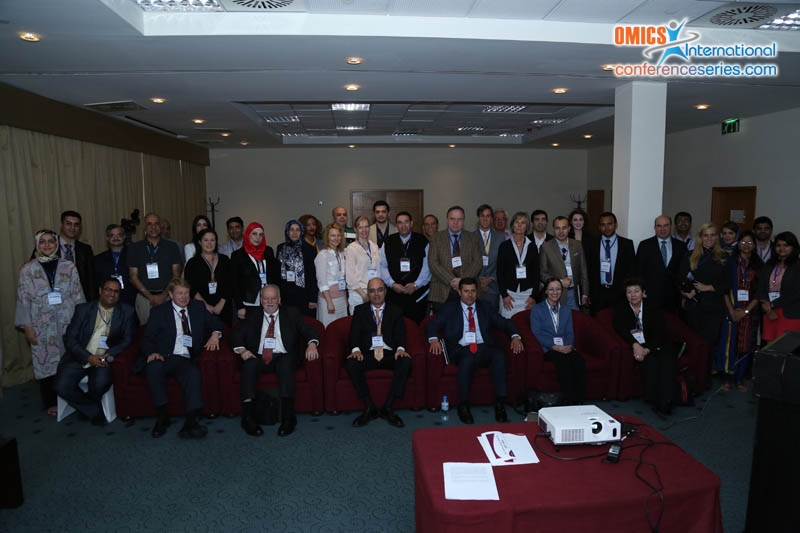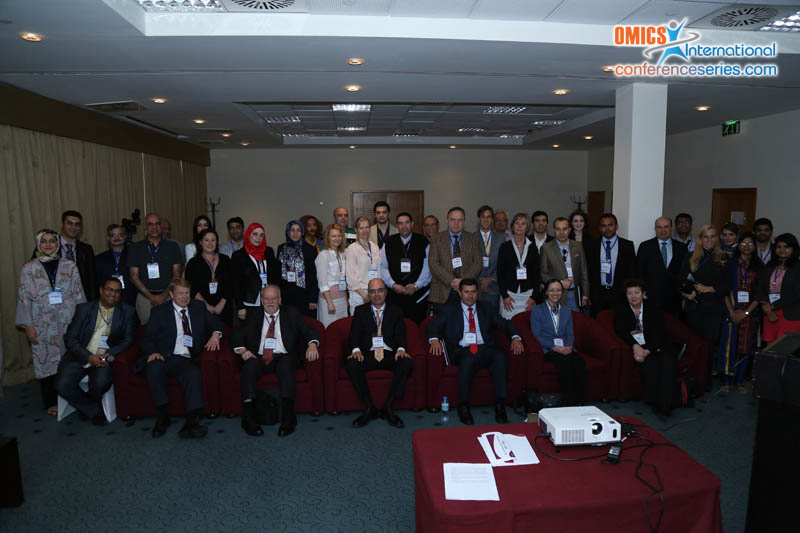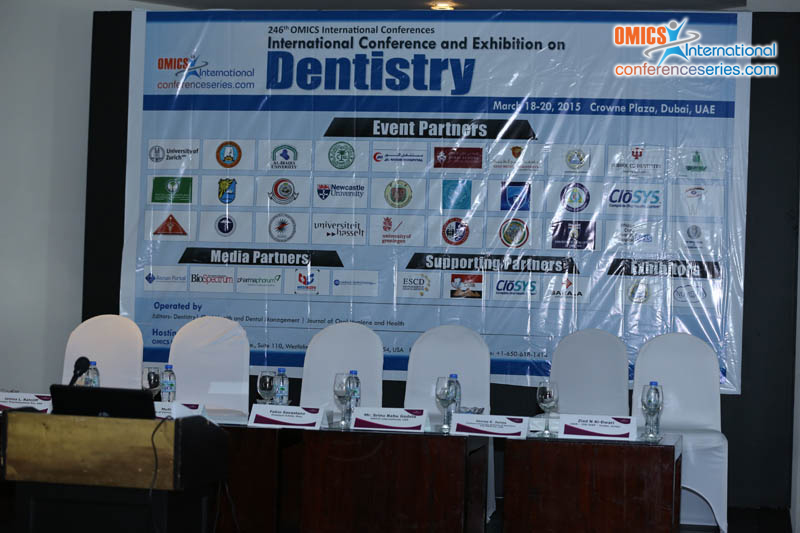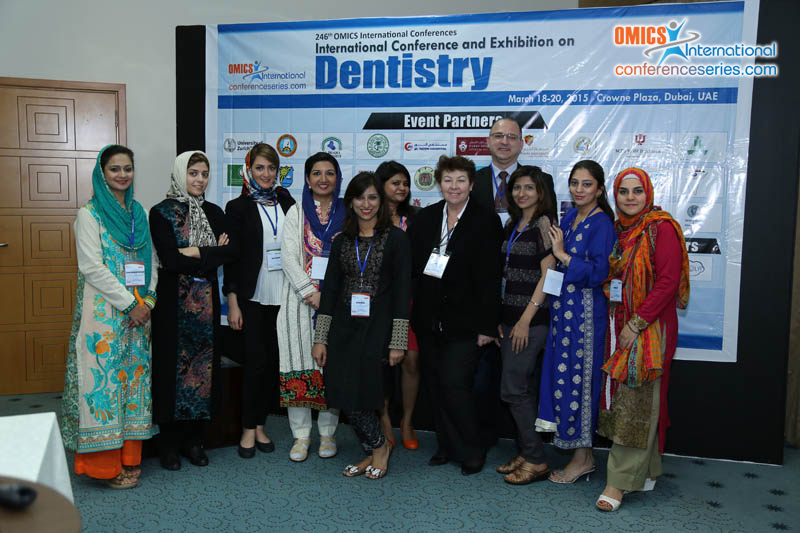Valë Hysenaj Hoxha
University Dental Clinical Center of Kosovo - Prishtina, Republic of Kosovo
Title: Correlation between oral health status and recurrent respiratory infectious disease in a 6- to 15-year-old Kosovar schoolchildren population
Biography
Biography: Valë Hysenaj Hoxha
Abstract
Objectives: The aim of the present study was to describe the correlation between recurrent respiratory infectious disease and oral health status, and to evaluate the pattern of oral health behavior, attitudes, knowledge related to dental caries experience and social status. Setting: The study was carried out at the Pediatric Department of the University Clinical Center of Kosovo in Prishtina. Study Design and Methods: Oral examination was carried out in 44 children (Group A) with recurrent respiratory infectious disease and compared with 44 healthy children (Group B) from local schools in Prishtina region. Parents are interviewed using questionnaires to assess awareness of oral health. Dental caries and periodontal CPI scores 0, 1 or 2 according to WHO are registered and related interviews concerning oral health behavior and attitudes are carried out for both groups. Results: Overall, 5.3% of children had no decay or fillings and 31% of subjects had untreated caries. Mean dmft for age group 6 – 10 of the study and control group (2.13 +/- 3.22 and 1.33 +/- 2.2 respectively) or in DMFT scores for age group 11 – 15 of the study and control group (1.81 +/- 1.97 and 1.11 +/- 1.39) demonstrating that there was no significant difference between study and control group (P>.05). Caries prevalence results were higher in girls than boys in study group, whereas periapical lesions were more frequent among boys in study group. Only 37% of children in study group and 46% of control group brushed their teeth twice a day, meanwhile 53% of subjects in control group and 38% in study group are examined by dentist within the previous year. Important prognosticators of high caries experience were dental visits, consumptions of sweets, gender and obesity whereas decreased risk was observed in children with positive oral health attitudes in both groups. Conclusion: The present study indicated that improvements of oral health in children suffering from recurrent respiratory infectious disease is needed in order to prevent the development of periodontal disease in later life and elimination of oral/dental focuses. Key words: respiratory disease, oral health, pediatric dentistry
Speaker Presentations
Speaker PDFs
Speaker PPTs Click Here




